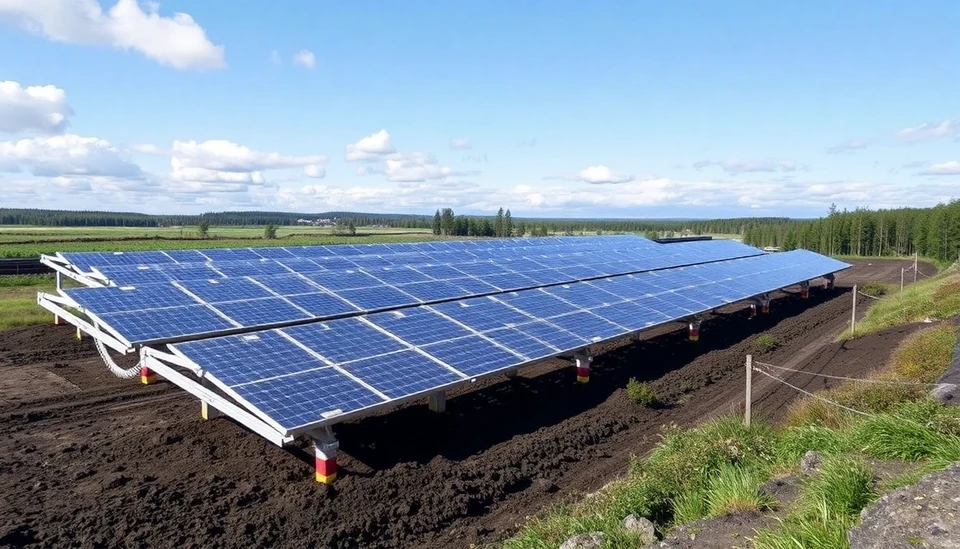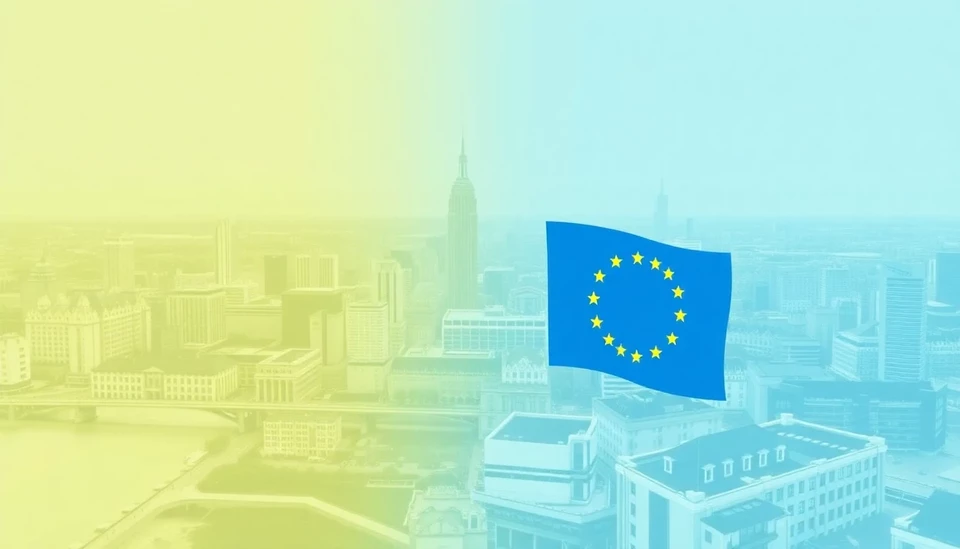
In a thought-provoking development, a group of scientists has called for the inclusion of carbon removal technologies, such as Carbon Capture and Storage (CCS), into the European Union's carbon market. This push comes as part of a broader effort to enhance the effectiveness of carbon pricing mechanisms in combatting climate change.
Currently, the EU carbon market regulates emissions from industrial sources by allowing companies to buy and sell permits to emit carbon dioxide. However, the scientists argue that this system overlooks the critical role that carbon removal technologies can play in achieving the bloc's ambitious climate goals. They advocate for a more integrated approach that acknowledges and incentivizes the capture of CO2 from the atmosphere, a crucial step toward reaching net-zero emissions by 2050.
The proposal, which has sparked both interest and debate, emphasizes that carbon removal strategies should not only be rewarded when emissions are reduced but should also be recognized when CO2 is successfully removed from the atmosphere and sequestered safely. This new perspective on emissions trading could significantly enhance the effectiveness of the market, driving investments into technologies like CCS that are vital for permanent CO2 removal.
As part of this initiative, the scientists have highlighted several key points. Firstly, they underline that the current carbon market framework primarily favors operational emissions reductions without accounting for potential long-term sequestration of carbon. This approach has resulted in a disproportionate focus on immediate emissions cuts, often at the expense of longer-term solutions that CCS can provide.
Moreover, the recent report outlined the potential of CCS technology to not only reduce emissions from high-impact sectors, such as energy and heavy industry but also to play a pivotal role in achieving broader climate targets. By capturing CO2 at the source and storing it underground or utilizing it in products, CCS allows for a dual benefit: it offers an immediate reduction in atmospheric carbon while also enabling the continued use of fossil fuels during the transition to renewable energy sources.
The report further recommends that the EU implement regulatory mechanisms and financial incentives that specifically support carbon removal projects. Such measures could include granting additional carbon credits for companies investing in CCS and similar technologies, thereby encouraging investment in these areas that have historically been underfunded.
This push aligns with recent scientific findings indicating that to limit global warming to 1.5 degrees Celsius, a significant scale-up of carbon removals will be necessary. The scientists argue that for the EU to lead globally in climate policy, it must adapt its carbon market to fully embrace innovative technologies that provide long-term solutions.
As discussions around CCS and other carbon removal technologies gain momentum within policy circles, it remains to be seen how the EU will respond to these calls for reform. Advocates believe that the integration of carbon removal strategies into the EU carbon market could pave the way for a much-needed transformation in how emissions are managed and mitigated.
The implications of this shift could be profound, not just for the EU but also for global climate policy. By taking action now, the EU could send a strong signal to other nations regarding the importance of integrating diverse solutions in the fight against climate change, potentially influencing climate negotiations on the international stage.
In conclusion, the scientists’ recommendations underscore a pivotal moment for the EU carbon market, one that could redefine its approach to emissions reductions by embracing innovative technologies like carbon capture and storage. The coming months will be critical as policymakers weigh these suggestions and consider the future of carbon regulation in Europe.
#CarbonMarket #ClimateChange #CarbonCapture #EU #CCS #Sustainability #CleanTechnology
Author: Megan Clarke




